Libo Karst
Libo Karst
Maolan National Karst Forest Nature Reserve, located in the southern suburb of Libo County, is a well-preserved natural forest vegetation in the karst landform of the central subtropical zone of China. Its total area is more than 130 square kilometers, and its forest coverage rate reaches 91.59%. There are more than 500 tree species growing here, including Ginkgo biloba, Liriodendron chinensis and other rare tree species known as living fossils, as well as a unique genus of palm-leaf trees, Phyllostachys pubescens and Phyllostachys matsutake in China. It also preserves many ancient wildlife such as musk deer, rhesus monkey, sweet deer, South China tiger, bison, bear, leopard, white monkey and so on. There are also waterfalls in Xiangshui River, Xiaoqikong, karst caves, Yuanyang Lake, Daqikong, Yao ethnic customs and other landscapes in the reserve.
Brief introduction of scenic spots
Maolan National Karst Forest Nature Reserve, located in the southern suburb of Libo County, is a well-preserved natural forest vegetation in the karst landform of the central subtropical zone of China. Its total area is more than 130 square kilometers, and its forest coverage rate reaches 91.59%. There are more than 500 tree species growing here, including Ginkgo biloba, Liriodendron chinensis and other rare tree species known as living fossils, as well as a unique genus of palm-leaf trees, Phyllostachys pubescens and Phyllostachys matsutake in China. It also preserves many ancient wildlife such as musk deer, rhesus monkey, sweet deer, South China tiger, bison, bear, leopard, white monkey and so on. There are also waterfalls in Xiangshui River, Xiaoqikong, karst caves, Yuanyang Lake, Daqikong, Yao ethnic customs and other landscapes in the reserve.
Internal landscape
Guizhou Maolan National Nature Reserve is located in the southeast of Libo County. It consists of three parts: the karst forest area in the southeast, the guaranteed point of Dongting Pinus quinquefolia in Jialiang Town and the scientific tourist area of Xiaoqikong Karst Forest. The total area is 21,100 hectares and the forest coverage rate is 87.54%. According to all kinds of information and information, it is proved that Maolan karst forest is a rare surviving forest with strong native karst in central subtropical zone in China and even in the world. The ecosystem formed by the combination of forests and karst landforms in this area contains complex and profound scientific contents. It is not only a museum for scientists to study natural sciences such as karst forests, vegetation, animals, soil, meteorology, hydrogeology and ecological environment, but also a beautiful enjoyment with unique karst natural scenery. Guilin, Yangshuo Mountain and Water, Lunan Stone Forest of Yunnan Province and Huangguoshu Waterfall of Guizhou, which are famous for their beautiful scenery and beautiful scenery, are well-known tourist attractions all over the world and are rare in the world. However, the forests growing in these areas have been destroyed for a long time, and large areas have evolved into karst rocky desert landscape. Maolan Karst forest is a precious scenic resource. However, to a considerable extent, it has gone beyond the fixed formula of karst scenery, changed the desolate mood of karst, and combined various landscape, underground caves and green forest scenery to present a perfect natural scenery.
Best travel time
The best time to travel is in spring, summer and autumn.
Traffic guide
At present, there are roads leading to Nandan, Huanjiang, Jinchengjiang and Mawei, Sandu, Dushan, Duyun and Guiyang in Guangxi, extending to Liuzhou, Guilin and Nanning in Guangxi. The Yanhou Station of Guizhou-Guizhou Railway is only 36 kilometers away from Xiaoqikong scenic spot, and the Libo Airport under construction is 9 kilometers away from the county town. From the county seat, 15 kilometers by bus can reach the starting point of Shuichun River. It is very convenient to travel to various scenic spots.
Catering accommodation
In Libo County, Wangjiang Hotel can be accommodated, with an ordinary double room of 25 yuan per person. Zhangjiang can live in Zhangjiang Mansion, the cost of three rooms is 30 yuan per bed, with independent bathroom; Hotels with slightly higher grade, such as Sunshine Hotel, standard room 168 yuan.
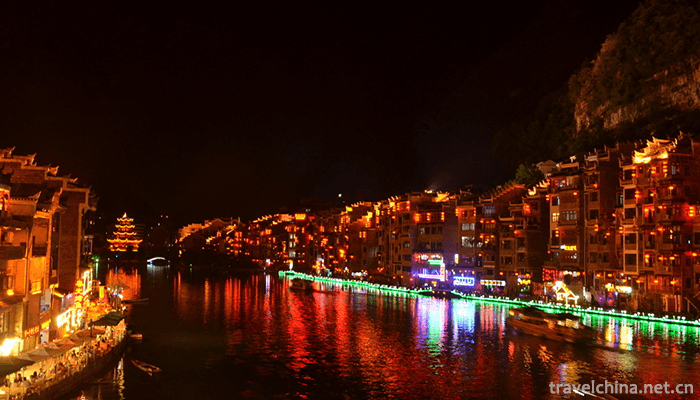
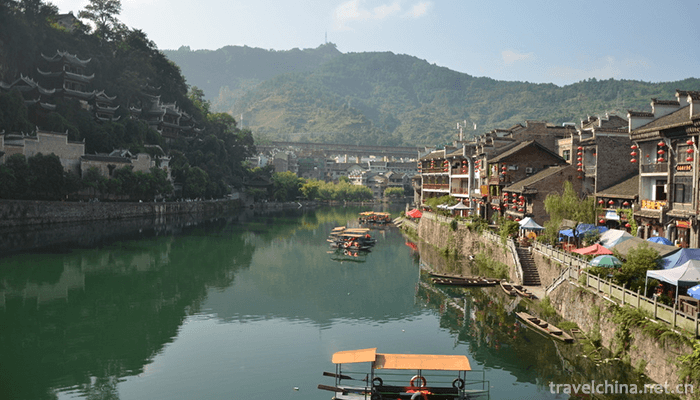
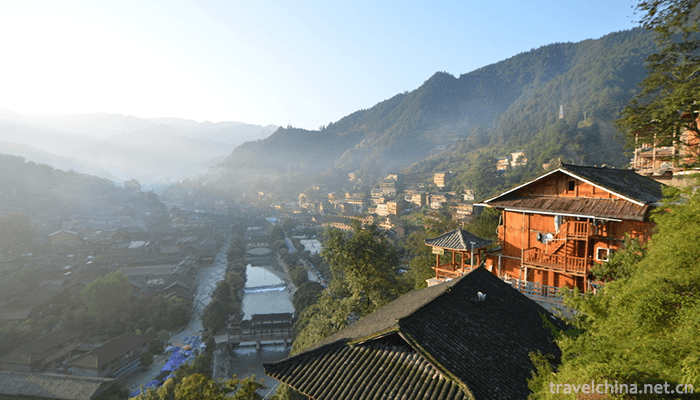
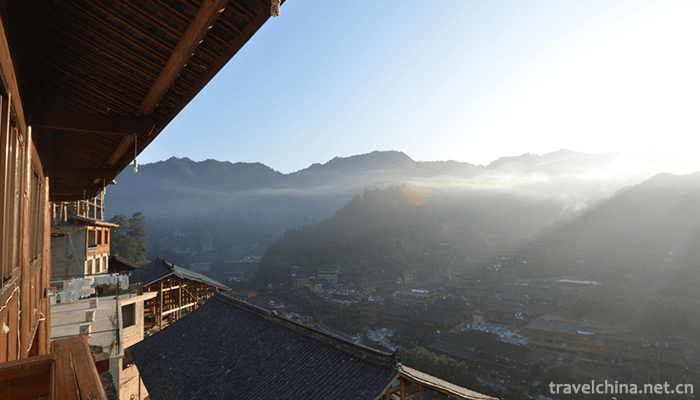
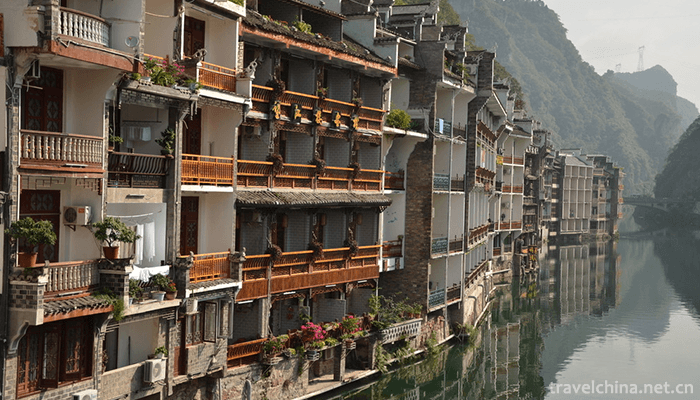
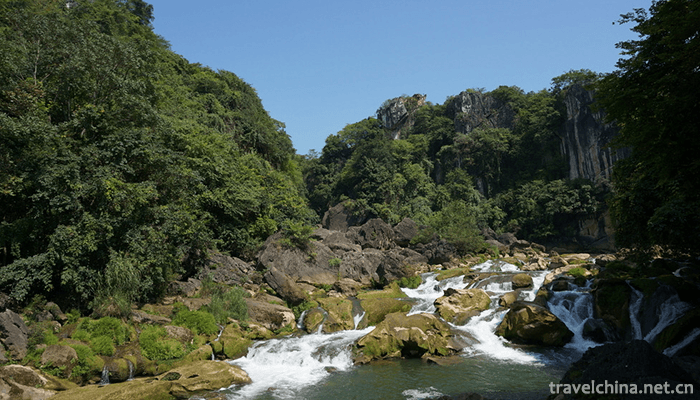
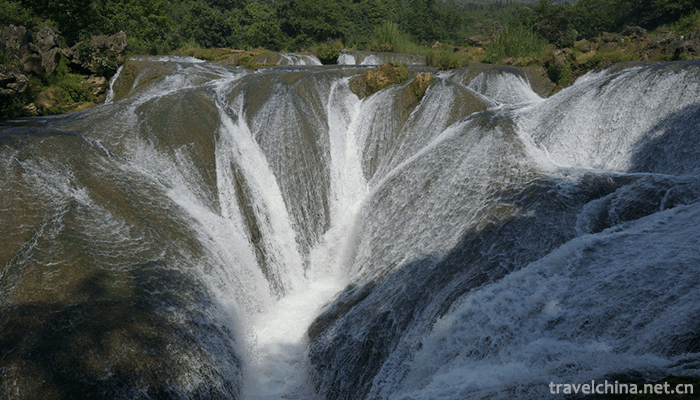
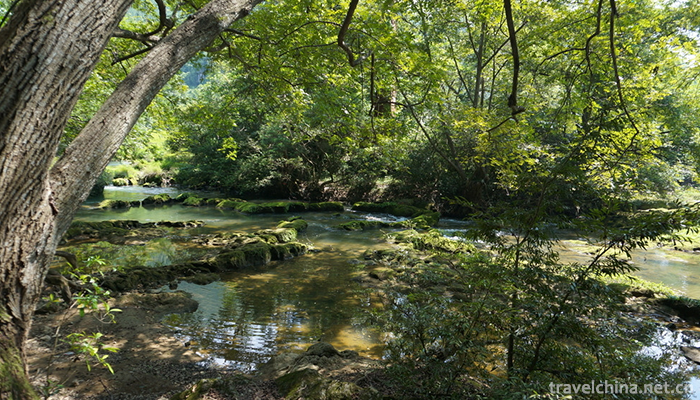
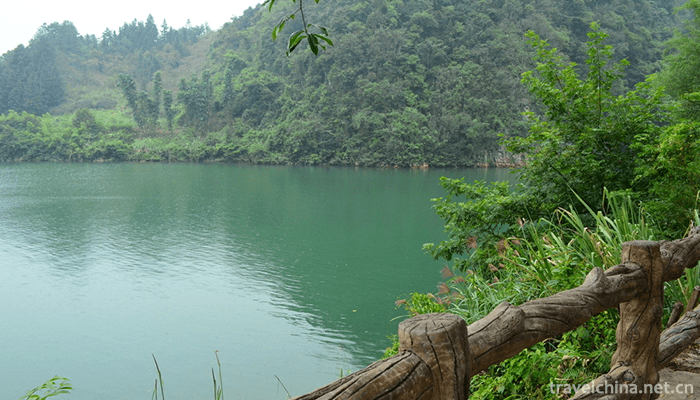
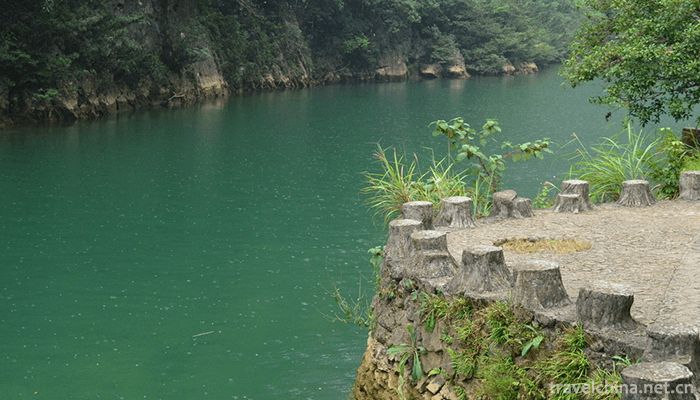
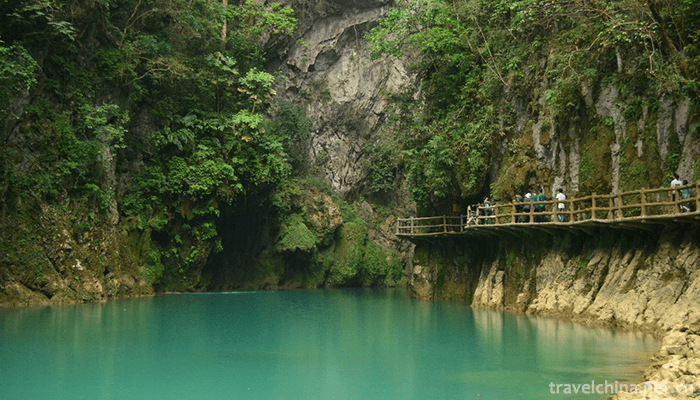

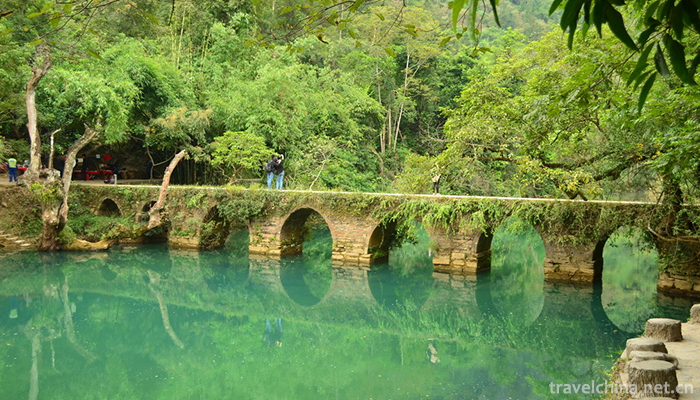
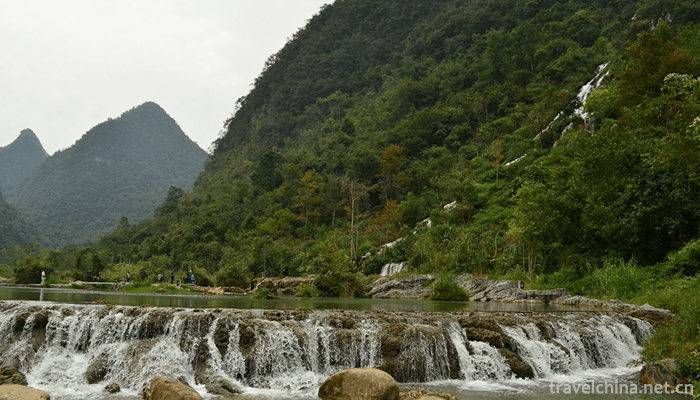
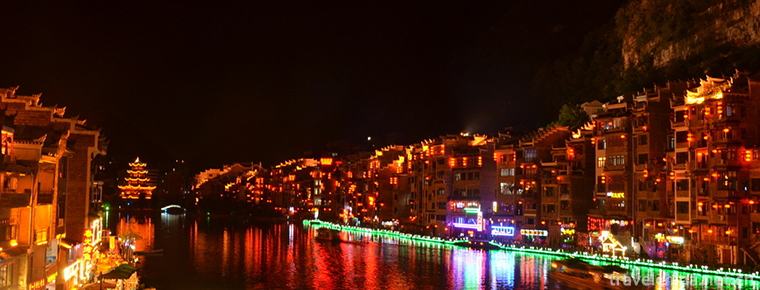
-
2.Maoling Museum
Maoling Museum is located on the Wuling Platform between Xianyang and Xingping in Shaanxi Province, about 40 kilometers away from Xi'an. It is a Museum of Dynastic History of the Western Han Dynasty
Time 2019-02-07 -
3.Rice custom
Wannian rice custom and Shangrao Wannian County custom are cultural heritage. Wannian is the "land of rice". The traditional rice custom has been passed down in this area for thousands of ye
Time 2019-04-26 -
4.Brewing Techniques of Sufu
Sufu brewing technology, the traditional technology of Haidian District, Beijing, is one of the national intangible cultural heritage.
Time 2019-04-30 -
5.Miao Flower Jumping Festival
Flower Dancing Festival is a traditional festival of the Miao people in Anshun. Legend has it that Yang Lu, a hero of the Miao people, rose up. Till now, Huashan, outside the North Gate of Anshun, is
Time 2019-06-05 -
6.Chess Xiangqi
Chess, also known as "Chess", Chinese chess (English name Chinese chess), Chinese traditional chess puzzle game, has a long history in China, belongs to a two-person confrontational game, be
Time 2019-07-06 -
7.The eldest son drum book
The eldest son drum book is the traditional art of rap and singing in Shanxi Province. Changzi County is known as the "Town of Quyi", which has a long history as well as a wide variety of Qu
Time 2019-07-25 -
8.Bao Zheng Bao Qing Tian
Bao Zheng (999 - July 3, 1062), He Xi Ren. Luzhou Hefei (now) Anhui Hefei Feidong People. Northern Song Dynasty Famous ministers.
Time 2019-09-11 -
9.Cuiyun corridor
Cuiyun corridor is a section of the ancient Shu Road, and also a section of Jianmen Shu Road, which is famous for its danger. Cuiyunlang, also known as "Huangbai" and "zhangfeibai" in ancient times, is located in Jiange County, Guangyuan City, Sichuan Province, and Zitong County, Mianyang City. Cuiyunlang in Jiange county has been built into a national AAAA scenic spot.
Time 2020-11-08 -
10.Can Ding Zhens Pony pearl really run first
Recently, after the exposure of Ding Zhen's Pony pearl, many netizens have a question in their hearts: "can it really run first?"? After the news release, netizens have been hotly debated. The specific contents are as follows:
Time 2020-12-07 -
11.Nanchong science and technology
In 2019, Nanchong implemented 97 key science and technology plan projects, an increase of 7.8% over that in 2018, including 83 national and provincial science and technology plan projects. It won 11 provincial science and technology progress awards. In the whole year
Time 2020-12-17 -
12.Administrative division of Dazhou
In 1950, Daxian district was set up, which belongs to the northern Sichuan administrative region. Daxian special office is located in Daxian county and governs eight counties, including Daxian County, Xuanhan County, Kaijiang County, Pingchang
Time 2020-12-20